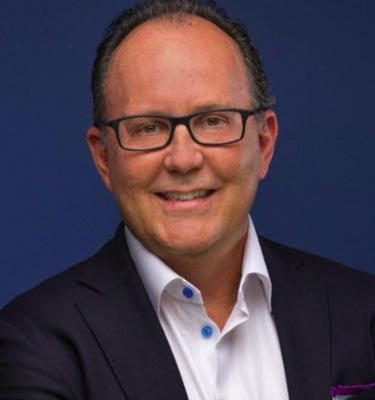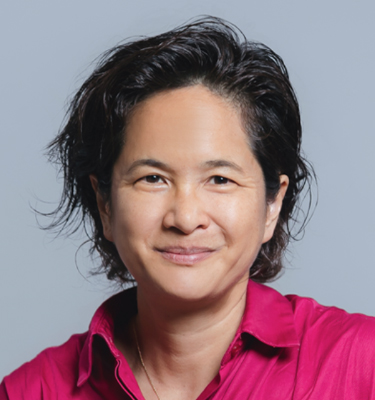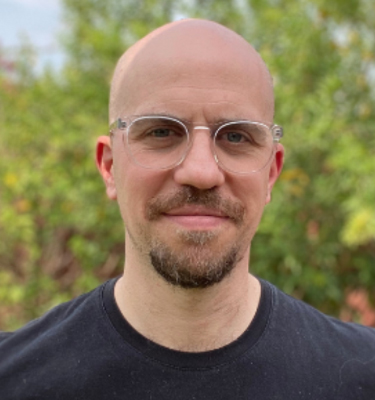By Invitation Only
Produced for
Industry Professionals,
Executives,
Family Offices,
Analysts,
& Entrepreneurs
There are over 2 billion people in the world who suffer from food insecurity, which means that they lack the minimum resources to procure a healthy meal every day. On the other hand, every year the world wastes about one third of the food that is produced while it is still edible, for reasons such as aesthetic or packaging defects, or proximity to expiration. Food waste is responsible for the emission of 10% of the world's GHG into the atmosphere, the use of 30% of the world's arable land and 20% of its hydric resources.
For several centuries, our civilization has focused on two methods to alleviate poverty: government intervention and philanthropy. However, thanks to the recent advances in digital technologies, it became feasible to contribute a solution to this massive problem by streamlining the market inefficiencies that prevent low-income people from accessing healthy food.
In this session, we will present the case of Nilus, a company incubated at the Harvard Innovation Labs that is applying a market-driven, scalable approach to end hunger. Nilus develops technology to procure food that is at risk of being wasted directly from farmers and producers, and distributes it among low-income people who live in slums through community group buying networks. The company offers ingredients and meal kits at discounted prices to community kitchens, shelters, schools, hospitals and families in food deserts. Nilus was recognized as a World Changing Idea by Fast Company magazine and a Global Changemaker by the Mohammed Bin Rashid Initiative for Global Prosperity.

Daryl Heald
Philanthropist and Global Impact Investor
After establishing his career in commercial real estate, Daryl joined the Maclellan Foundation serving on the board and executive committee helping to lead its global grant-making strategy. At Maclellan, he also helped start and lead several organizations, Generous Giving and Generosity Path. He now travels globally encouraging business leaders on philanthropy, family and impact investing. Daryl sits on numerous boards in the private and social sectors. He is married and has nine children, four of which are from China, and one grandchild. He loves to golf, flyfish and any excuse to BBQ meat low and slow.

Pamela Mar
Fung Group
Pamela Mar is Executive Vice President of Fung Academy. She leads the Fung Academy's knowledge generation, application, and dissemination in support of the Fung Group's business success and readiness for the future. Previously, she was Fung Group's Director of Sustainability and has worked with the World Economic Forum as its Associate Director for Greater China, where she built the Forum's key relations with government and businesses to support the country's internationalization. Ms. Mar got her first taste of frontline development work in Thailand, in business-backed poverty relief for the Thai non-governmental organization, Population and Community Development Association.
Ms. Mar has published widely, including four books on Asian development and business and a range of articles, blogs, and reviews. She is a fellow of the Asia Global Institute. She has also given numerous talks on sustainability, corporate responsibility and Asia's growth and development.
Ms. Mar graduated from Yale University summa cum laude with a Bachelor's degree in Philosophy and Chinese Studies. She holds an Master of Science Management degree from the London School of Economics.

Ady Beitler
CEO, Nilus
Ady is the co-founder and CEO of Nilus, an impact-driven company that develops technology to fight against food insecurity. Nilus has disrupted the social protection sector in Latin America, by creating the first professional, financially sustainable organisation that rescues food that would otherwise be wasted, and distributes it at discounted prices among low income communities.
Ady holds a Law degree from Universidad de Montevideo, a Master’s degree from Harvard Law School, and an Advanced Project Management Certification from Stanford University. Ady lives in Buenos Aires, Argentina
Produced for
Industry Professionals,
Executives,
Family Offices,
Analysts,
& Entrepreneurs